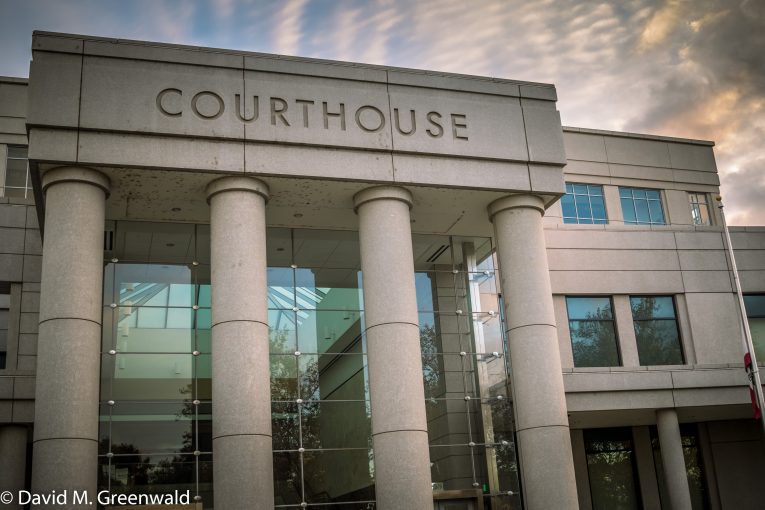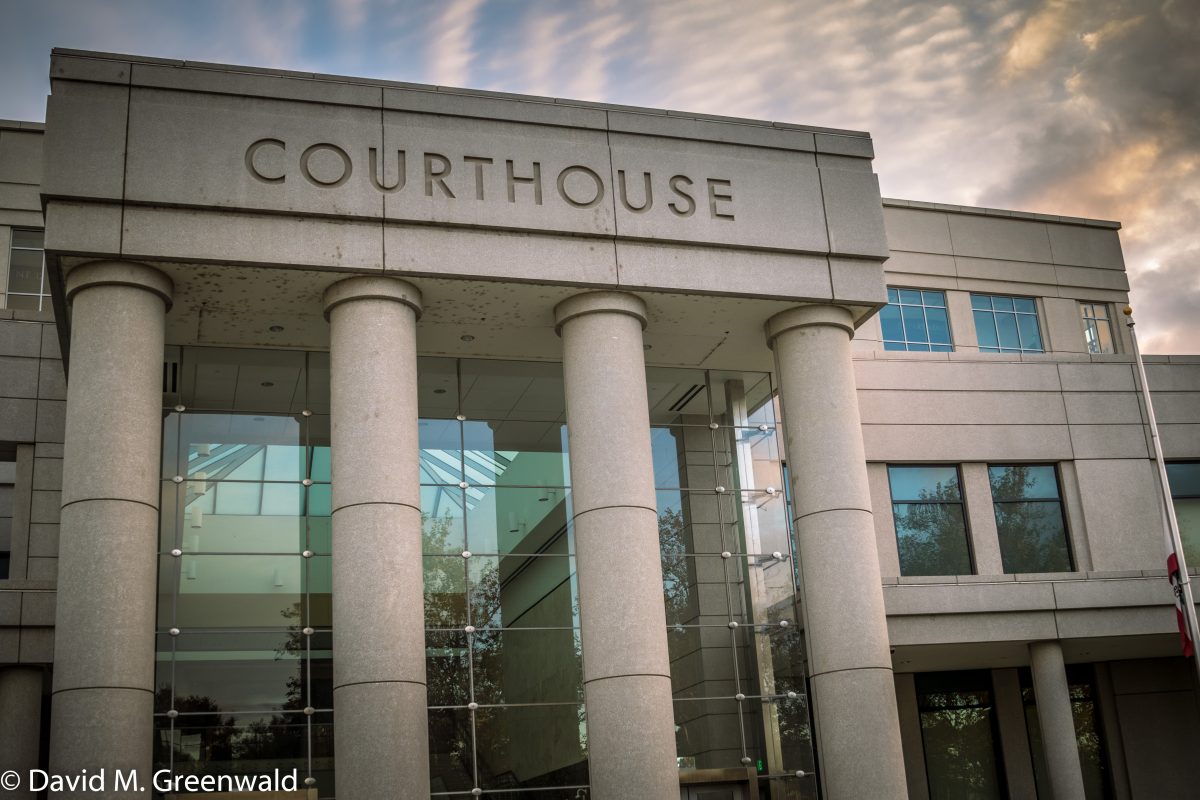
 By Anika Khubchandani
By Anika Khubchandani
WOODLAND, CA – Despite the defendant having a “plethora of cases” open, Judge David Rosenberg granted supervised own recognizance (OR) release of defendant Derick Jenkins here in Yolo County Superior Court this week.
Deputy Public Defender Teal Dixon said she understood her client not only has a lot of cases open, but that he has also “failed to appear on many of them,” but she still asked the court to release him because he has no prior convictions, is only 25 years old, and as of 2018, has had a good work history.
Jenkins’ charges can be attributed to his facing “some personal problems where he lost his housing,” according to Dixon.
Now that “he has been charged with a felony, I think he understands that the stakes are higher and the seriousness of what could happen to him if he did not return to court,” Dixon explains. A felony charge “does tend to make people sit up straight and listen a little harder,” she added. 
Deputy District Attorney Preston Schaub interjected and argued that releasing Jenkins on supervised OR was discussed during an arraignment hearing which took place on June 17. The motion to release was “denied pursuant to all the open cases, the stolen vehicles, and the failures to appear.”
In addition, Jenkins “has or had pending cases in other counties as well,” leading the probation office to deem that the defendant was not a suitable candidate for supervised OR at that time. “I would say circumstances have not changed since then,” note DA Schaub.
Judge Rosenberg turned to Arthur Arustamyan from the probation office for his opinion, who opined that he has “information that apparently contradicts what Schaub indicated.”
He clarified that on June 16, the supervised OR assessment report “indicates that [the defendant] was deemed suitable for supervised OR,” but he was denied to be released the following date, on June 17, in Yolo County Superior Court’s Department 1.
Arustamyan agrees with the decision to release Jenkins on supervised OR from the original report.
To clear up the contradiction, Schaub explains the motion to release was denied by Judge Tom Dyer in Dept. 1 based on the district attorney’s office’s objection, not the probation office’s request.
“I still feel like there are not enough guarantees that [Jenkins] will return at this point,” said Schaub, who made the same request to deny the motion to release.
Judge Rosenberg decides to release the defendant on supervised OR because “Jenkins has taken responsibility” but not without “a couple of admonitions,” including a warning of “I can send you to prison so don’t mess up and fail to appear.”

